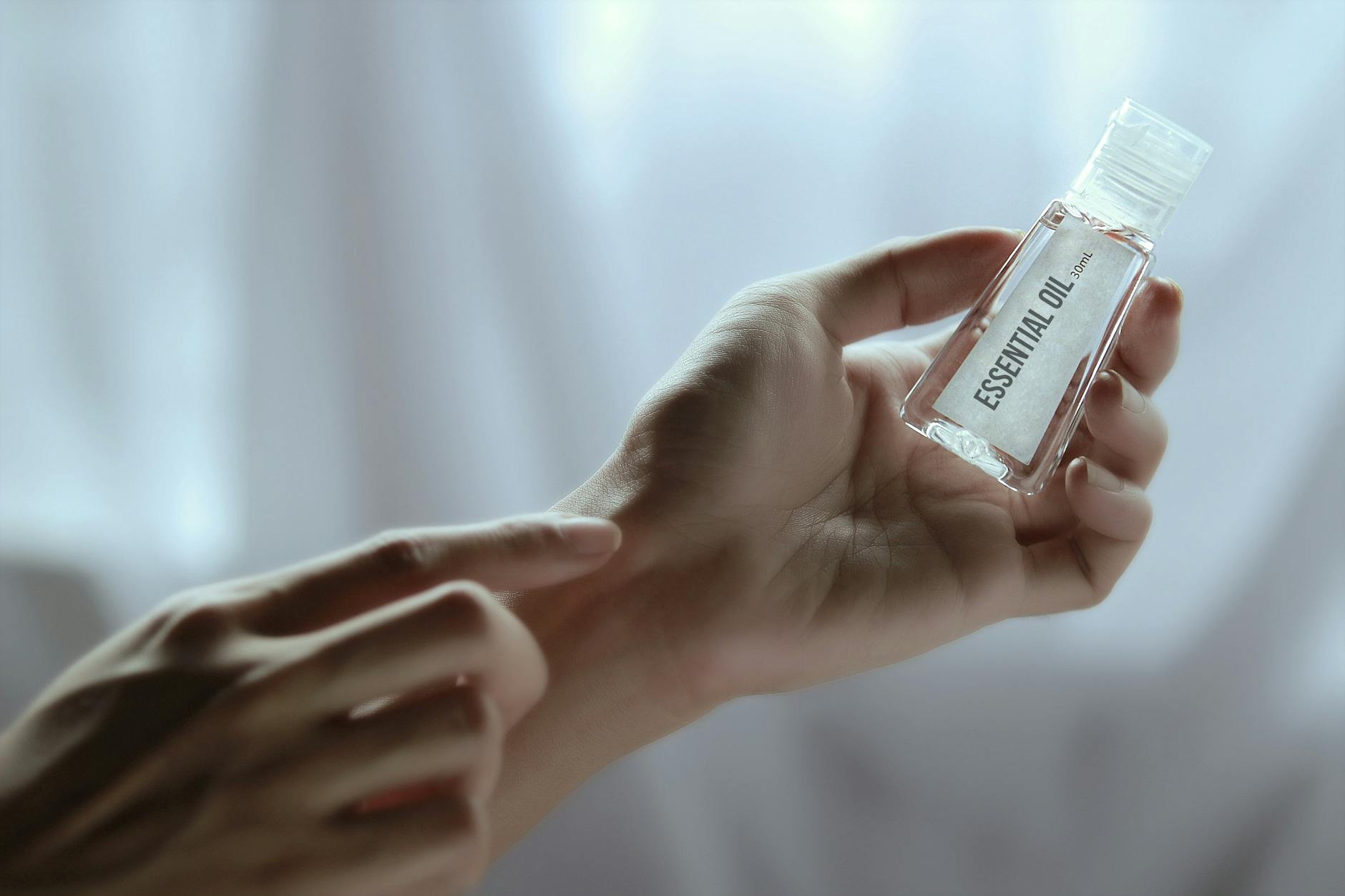Discover the ultimate guide to finally saying goodbye to cold sores and banishing those pesky lip blisters for good.
Table of Contents
Living with cold sores can be both physically and emotionally draining. The red, painful blisters that appear on your lips can make you feel self-conscious, uncomfortable, and frustrated. But fear not, as there are steps you can take to banish those pesky lip blisters for good. In this guide, we will delve into the causes of cold sores, effective treatment options, and prevention tips to help you confidently kiss cold sores goodbye.
Understanding Cold Sores
Cold sores, also known as fever blisters, are caused by the herpes simplex virus (HSV-1). This highly contagious virus can be spread through close personal contact, such as kissing or sharing utensils. Once infected, the virus lies dormant in the body and can be triggered by factors such as stress, illness, or sun exposure, leading to the development of cold sores.
Treating Cold Sores
When it comes to treating cold sores, there are various over-the-counter and prescription medications available. Antiviral creams, such as acyclovir or penciclovir, can help reduce the duration and severity of cold sores when applied at the earliest signs of an outbreak. Oral antiviral medications prescribed by a healthcare provider may also be necessary for severe or recurrent cases of cold sores.
Additionally, over-the-counter pain relievers, such as ibuprofen or acetaminophen, can help alleviate the discomfort associated with cold sores. It is essential to keep the affected area clean and avoid picking or touching the blisters, as this can worsen the infection and delay healing.
Preventing Cold Sores
Prevention is key when it comes to cold sores. Taking simple precautions can help reduce the likelihood of outbreaks and minimize the spread of the virus. Avoiding close contact with individuals who have active cold sores, practicing good hand hygiene, and using sunscreen on your lips to protect them from UV exposure can all play a role in preventing cold sores.
| Step | Description |
|---|---|
| 1 | Avoid triggers: Stay away from foods that trigger cold sores, like nuts and chocolate. |
| 2 | Manage stress: Practice relaxation techniques to reduce stress, a common cold sore trigger. |
| 3 | Protect lips: Use lip balm with SPF to shield your lips from the sun’s harmful rays. |
| 4 | Take antiviral medication: Consult a doctor for prescription anti-viral medication to reduce cold sore duration. |
| 5 | Keep lips moist: Apply moisturizing lip balm to prevent dryness and cracking, which can lead to cold sores. |
If you are prone to cold sores triggered by stress, incorporating stress-reduction techniques into your daily routine, such as mindfulness meditation or yoga, may help reduce the frequency of outbreaks. Additionally, maintaining a healthy lifestyle, including eating a balanced diet, staying hydrated, and getting an adequate amount of sleep, can support your immune system and help prevent cold sores.
Confidently Facing Cold Sores
Living with cold sores can be challenging, but by understanding the causes, treating outbreaks effectively, and taking preventative measures, you can confidently face cold sores head-on. Remember that cold sores are common and nothing to be ashamed of – with the right approach, you can banish those pesky lip blisters for good and embrace a life free from the discomfort and embarrassment they may bring.
FAQs
Question 1: Can cold sores be cured?
Answer 1: While there is no cure for the herpes simplex virus that causes cold sores, antiviral medications can help manage and reduce the frequency and severity of outbreaks.
Question 2: Are cold sores contagious?
Answer 2: Yes, cold sores are highly contagious, especially when the blisters are present. Avoid close contact with others to prevent spreading the virus.
Question 3: How long do cold sores last?
Answer 3: Cold sores typically last 7-10 days, but with early treatment, the duration and severity of outbreaks can be reduced.
Question 4: Can stress trigger cold sores?
Answer 4: Yes, stress is a common trigger for cold sore outbreaks. Managing stress through relaxation techniques and a healthy lifestyle can help reduce the frequency of outbreaks.





